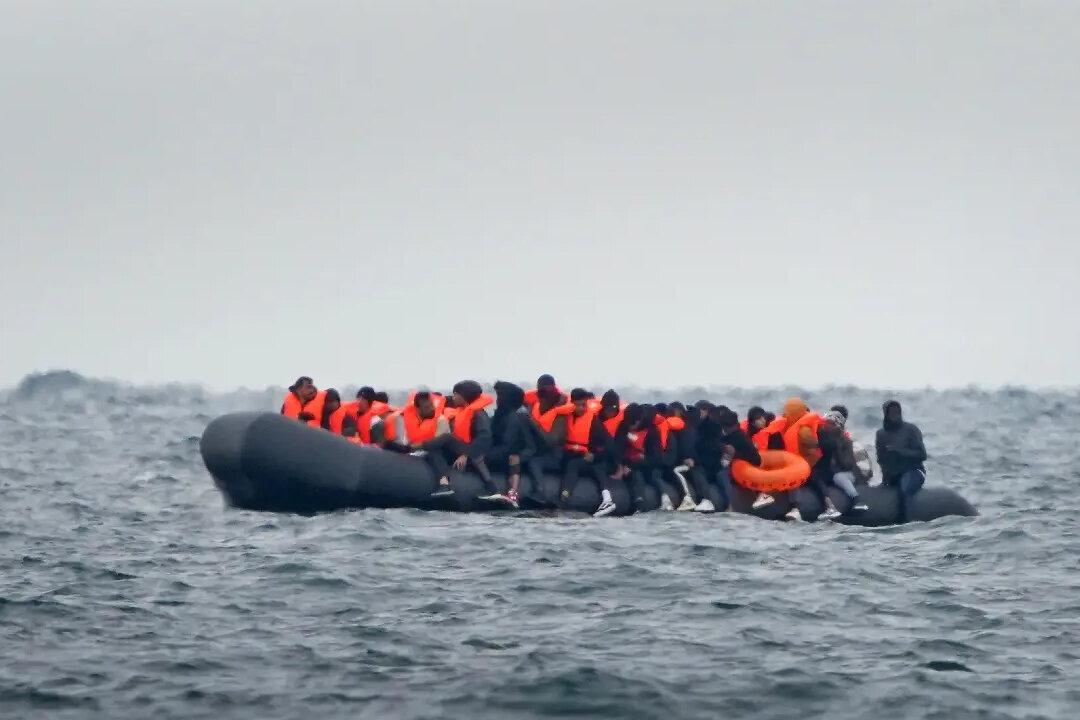Two people have drowned after a small boat, carrying migrants, capsized less than a kilometre from the French shore on Wednesday.
The dinghy, carrying more than 50 people, sank soon after it set off to cross the English Channel from the French coast, near the town of Neufchatel-Hardelot. As a result, a man and a woman were confirmed dead, while one person was airlifted from the scene.





